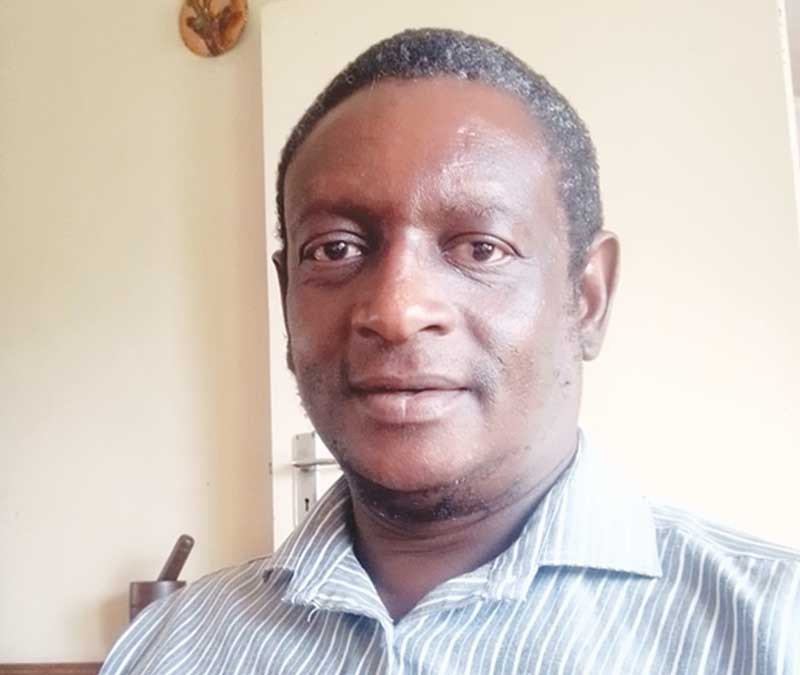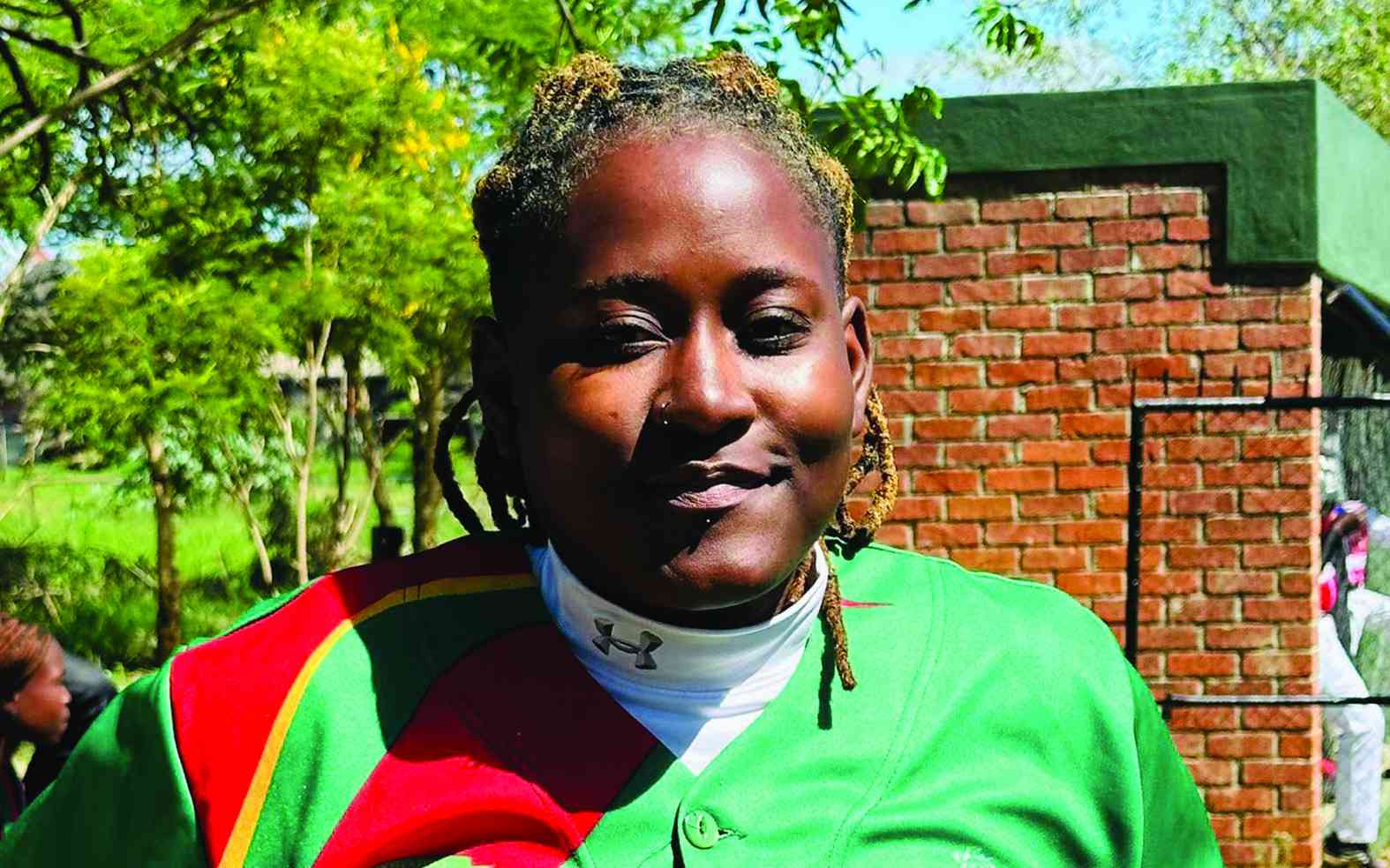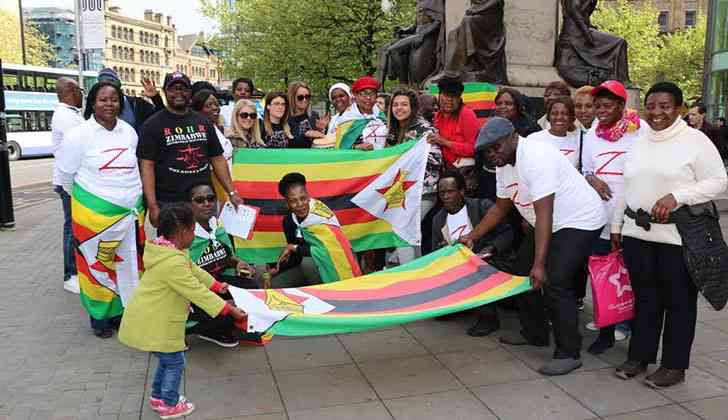
It is quite easy for a president to tell rural folk that he met with his US counterpart, who promised to steadily address the thorny issue of sanctions targeted at a handful of individuals and entities, accused of human rights violations and corruption.
And, they will believe him!
It is even unbelievably easy to actually make these rural people swallow hook, line and sinker the lie that these travel bans, asset freezes and transaction restrictions on a paltry 73 people and 37 establishments caused the near collapse of Zimbabwe's economy, and subsequently their intolerable poverty and suffering.
Moreover, the real cause of the unbearable misery and anguish of the ordinary citizenry is the economy's crumbling through the disgraceful looting of national resources by those in power with impunity which is never made known to these people.
In the same vein, those in power do not have to break a sweat at all, as they convince our marginalised grandmothers, grandfathers, fathers and mothers with tales of the phenomenal development taking place throughout the country — leaving no one and no place behind — in spite of the glaring impoverishment visible across the breadth and width of Zimbabwe, which is actually worsening on a daily basis.
In so doing, the political elite has made a career of cutting off those in rural areas from any meaningful access to information — as such, making them believe that their region, area or village is the only place left behind and is next in line for all the advancements occurring in other parts of the country.
This, then, instils false hope in our poor rural folk who are made to believe that the only way this “development” can eventually come to their villages, is by ensuring the ruling Zanu PF party remains in power.
Of course, hardly any meaningful development ever takes place in the next five years after re-electing the same political party that presided over their pain and suffering.
- Corruption Watch: Get scared, 2023 is coming
- Corruption Watch: Get scared, 2023 is coming
- Letters: Ensuring Africa’s food security through availability of quality seeds
- Is military's involvement in politics compatible with democracy?
Keep Reading
What we will witness, though, are people sinking deeper into poverty — with food and agricultural input handouts, as well as poultry/goat/pig rearing or detergent home-making projects being touted as development worthy of celebrating.
Indeed, there is much jubilation and excitement when such programmes are unveiled in rural communities — with villagers running out of superlatives in describing their profound appreciation for the ruling party, government, and of course President Emmerson Mnangagwa for his “visionary leadership”.
Why would anyone genuinely regard such mediocre initiatives in their community as some form of development deserving of celebration?
Ignorance!
There is no greater and more powerful tool of oppression and keeping a population subservient and accepting mediocrity — than cutting them off from information and knowledge — or worse still, feeding them with propaganda.
As long as a people is kept in the dark on what is happening in other parts of the world, or even within their own country and completely unaware of the real reasons for the type of life they were living — a leader can be guaranteed unending and unchallenged rule.
In fact, this is a natural phenomenon — since an individual's beliefs and worldview are predominantly shaped by the amount and quality of information he accumulates, as well as the environment and lifestyle he has been exposed to.
As such, if one grew up learning under a tree, and the only ambition in life being to be a literate cattle herder — then, that is the only thing one will aspire for, and once achieved, they celebrate.
It would be shocking if this person were to wake up one day, demanding high schools built of brick and mortar, equipped with state-of-the-art science laboratories on top of well tarred roads, investment that brings manufacturing companies, as well as community shares in locally extracted minerals.
How would he have come to know of all these things?
That is what meaningful access to information does to people — it awakens them to the reality about their lives, inculcates an understanding of their inalienable rights, and the need to demand such rights.
As expected, any government that wants to keep its citizens accepting anything and everything that is thrown their way denies them access to information.
Which explains why our political elite in Zimbabwe is fond of accusing anyone who dares resist the State-authored poverty and wanton abuse of citizens’ rights in the country of being sponsored by Western countries or supposed imperialists.
In the mind of those in power, Zimbabweans are expected to be ignorant of any life that is better than what they are currently experiencing — as such, any sudden awakening to their miserable existence can only be as a result of someone coming to them surreptitiously and feeding them with “bad ideas”.
No wonder, those in social justice and human rights work are the prime target of the vitriol and hatred of the ruling establishment and are regarded as “bad apples” and “regime change agents” — with the dagger of the PVO (Private Voluntary Organisations) Act hanging over their heads.
This desire to deny citizens information is most glaring in the lack of information communication technology infrastructure in the rural areas.
As long as there is no deliberate effort in promoting investment in incorporating rural areas in the cyber and digital space then there will be no genuine development to talk about in those communities.
How can there be meaningful development when the people themselves do not demand it?
And, how can they demand something they are not aware of?
There is an urgent need for sincere rolling out of massive infrastructural development in marginalised communities. The government should ensure the necessary devices and data tariffs are affordable and carry out widespread awareness programmes on the benefits of ICTs in not only communicating smoothly, but also improving people’s lives and livelihoods.
Knowledge is power.
Communities need to know how they can market their produce (both domestically and globally), or forge vital linkages and attract investment, or up-skill and improve their education.
Nevertheless, as long as those in government are more concerned about holding on to power at all costs, the numerous benefits of ICTs will always be denied our rural folk...who constitute nearly 70% of the Zimbabwean population, according to the latest census.
The greatest tragedy of Zimbabweans is that we are led by a group of power-hungry people who prefer to watch the country's poor wallow in poverty as long as it helps to ensure their hold on power.
Tendai Ruben Mbofana is a social justice activist, writer, researcher, and social commentator.











